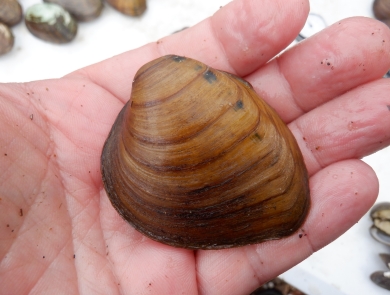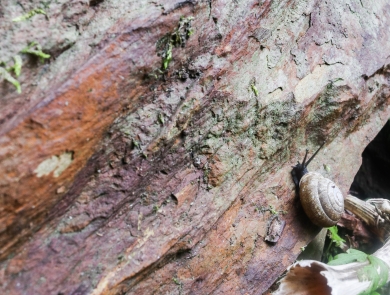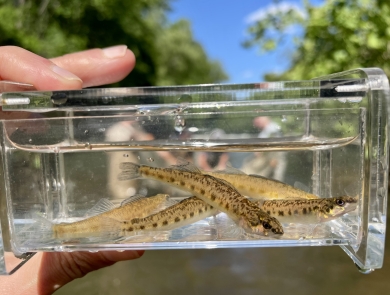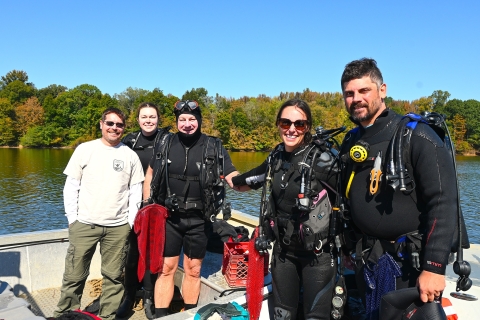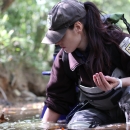We are aware the bald eagle nest at the Heritage Ridge development project has been removed, and it is now under investigation by our special agents. We issued a permit for the removal in October. Please look for more information addressing this issue from the U.S. Fish and Wildlife Service soon.
You can submit tips to our wildlife crimes line at Wildlife Crime Tips | FWS.gov, or 1-800-344-9453.
About Us
The state of Alabama is one of the most ecologically diverse states in the nation. The Alabama Ecological Services encompasses a staff of talented biologists, geographic specialists, communicators and administrative professionals charged with protecting the diverse fish, wildlife and plants in our great state. We do this by connecting with our many partners, including federal, state and local authorities, landowners and non-government organizations.
What We Do
By using the best available science, we work closely with other experts in the field to provide guidance to the public, as well as state and federal agencies, whose projects may involve the habitat of federally threatened, endangered or at-risk species. We do this under the authority of the Endangered Species Act, and we always consider research, feedback and input from our partners. Working together to improve the habitat and recovery of imperiled species is at the heart of what we do.
Our Species
Alabama has more fish species than any state, and the greatest concentration of turtle diversity in the nation. The longleaf pine forests surrounding the Mobile Delta include what many believe to be the greatest concentration of plant species in North America. The complex geology in our part of the world creates a number of unique habitats and niches that have helped species evolved over the millennium. From the Blue Ridge Mountains, across the Piedmont, to the Coastal Plain, Alabama has more species of freshwater and terrestrial animals than anywhere else in North America.
Projects and Research
Biologists of the Alabama Field Office are some of the hardest working scientists in the state. They are dedicated to getting their boots on the ground and hands dirty when it comes to the recovery of a species. Whether it's doing surveys of Alabama pearlshells or tracking the patterns of imperiled bats with transmitters, our staff works closely with our partners to help protect and recover fish, plants and other wildlife.
Our Library
Our library is home to helpful resources assisting you in your plant, wildlife and aquatic conservation efforts.





